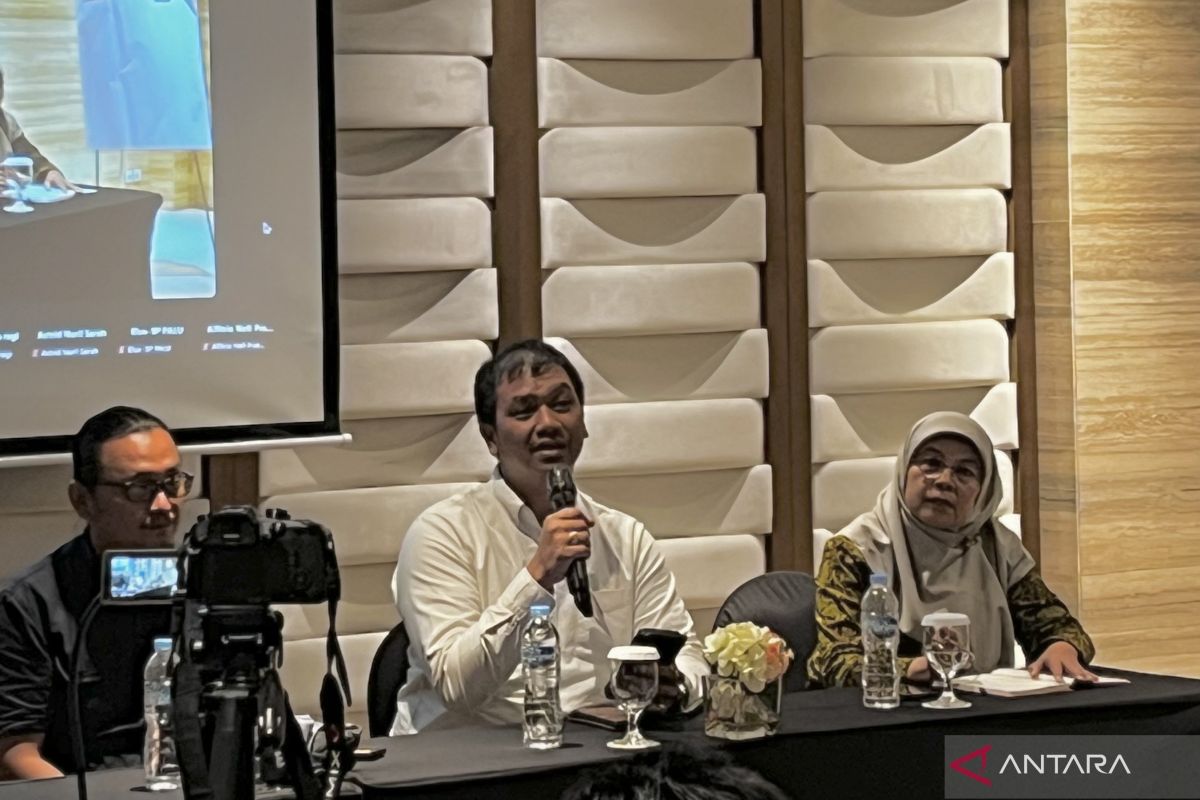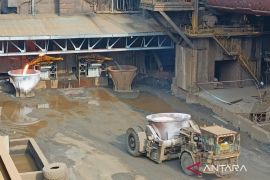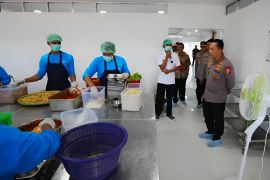Hugo Nainggolan, Labor Inspector at the Directorate of Labor Inspection Norms (Binariksa) of Kemnaker, stated that the call for improved safety standards comes in response to a concerning 104 workplace accidents in the nickel industry between 2019 and 2025.
“The causes of workplace accidents in the nickel industry include the lack of established and enforced SOPs, inadequate internal supervision, and negligence in testing and maintenance of equipment,” Hugo said during a public discussion here on Monday.
“Additionally, safety and health personnel (K3) are often not certified, and routine checks and maintenance are frequently overlooked,” he added.
As part of its preventive measures, Kemnaker has outlined several strategies, including regular inspections by local labor offices (Disnaker) near nickel industry operations, and the strengthening of a digital reporting system for public safety complaints through official channels such as Teman K3 and Lapor Menaker.
“There is also Norma 100, a digital self-assessment service designed to help evaluate companies' compliance with labor regulations,” Hugo explained.
For nickel companies that disregard safety regulations, Hugo noted that the government can take action by imposing sanctions, including recommendations for licensing through the Online Single Submission (OSS) system and even criminal penalties.
“We are also in the process of revising Law No. 1 of 1970,” Hugo added
Meanwhile, Damar Panca Mulya, Secretary General of the Indonesian Confederation of Trade Unions (KPBI), stressed the importance of expanding safety and health education (K3) and updating regulations to keep pace with the dynamic industrial landscape and the high risks associated with workplace accidents.
“Additionally, strengthening K3 oversight systems involving labor unions, and increasing penalties for companies that neglect K3 regulations, is crucial,” he emphasized.
Timotius Rafael, a researcher from the Action for Ecology and People's Emancipation (AEER), highlighted the importance of K3 for workers and surrounding communities, given the rising nickel processing activities that are a central part of the government's downstream program.
“Environmental impact, workplace risks, and the need for more transparent and fair governance in the nickel industry are essential to preventing workplace accidents,” Rafael concluded.
Related news: Combating dirty nickel rumors with responsible mining push
Related news: Govt assures multi-layered supervision of Raja Ampat's PT Gag Nikel
Translator: Nur, Azis Kurmala
Editor: Primayanti
Copyright © ANTARA 2025










